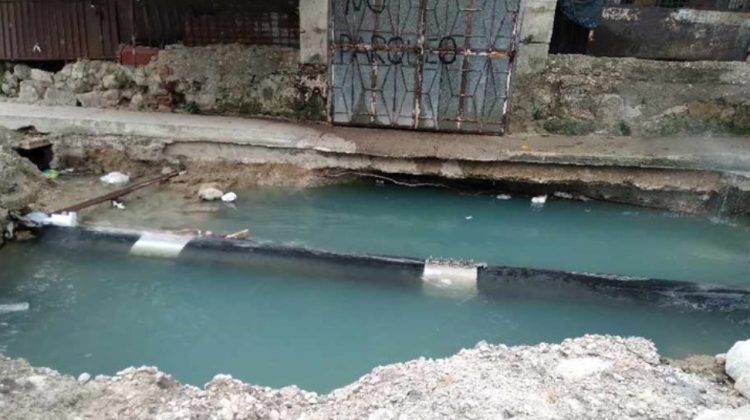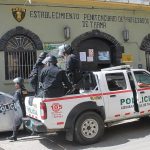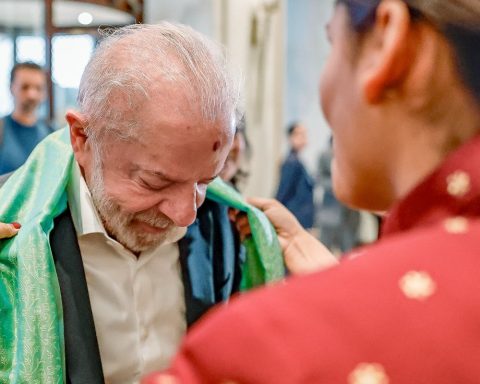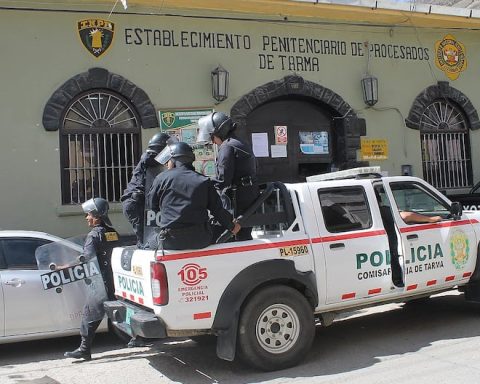MADRID, Spain.- The economic and health crisis that Cuba is going through has created a favorable environment for the spread of infectious diseases, such as dengue and the Oropouche virus, said renowned Cuban scientist Eduardo López-Collazo, director of the IdiPAZ Biomedical Research Institute in Madrid, in an interview with Marti News.
López-Collazo, who has lived in Spain for almost 30 years, said that the deterioration of economic conditions, coupled with the tropical climate, has exacerbated the health situation on the island. “The economic and health crisis in Cuba, aggravated by the lack of medical resources, medicines and probable mismanagement, has deteriorated the hospital infrastructure, turning the ‘Metaphorical Island’ (as I usually call it) into a breeding ground for the spread of infectious diseases,” he said.
The scientist stressed the proliferation of mosquito breeding sites as a symptom of the ineffectiveness of government programs for sanitation, garbage collection and control of stagnant water. López-Collazo confirms that high temperatures and abundant rainfall in Cuba create an ideal environment for the proliferation of mosquitoes. Aedes aegyptitransmitter of dengue.
Although the Oropouche virus is not endemic to Cuba, the expert warned of the possibility of its spread in the country due to its proximity to endemic areas in Latin America and the existence of competent vectors.
López-Collazo also expressed concern about the deficiencies of the Cuban health system in dealing with health crises. “The limited response capacity of the health system, the lack of hygiene products and the overcrowded conditions in some urban areas favor the transmission of viruses,” he concluded, warning of Cuba’s vulnerability to future epidemics.
At the end of last August, according to the country’s health authorities, the number of confirmed cases of the Oropouche virus in Cuba exceeded 500, since the detection of the first infected person in May of this year.
The national director of Hygiene and Epidemiology of MINSAP, Francisco Durán, has referred on several occasions to the cleaning of the streets as a key factor in controlling the spread of the virus. However, when he mentions “the sanitation of the environment,” he seems to ignore the fact that Cuba has become a huge landfill, a consequence of the incapacity of those who govern. The accumulation of garbage has reached alarming levels, with mountains of waste that represent a serious risk to public health.

















